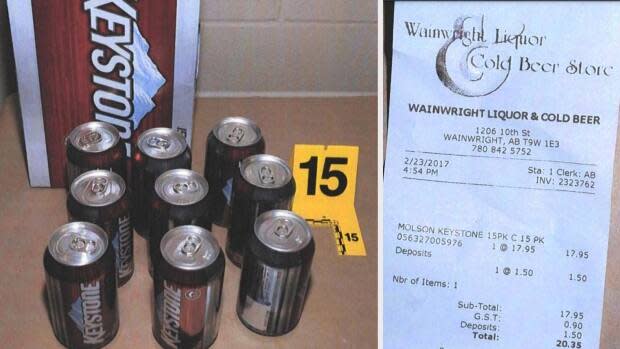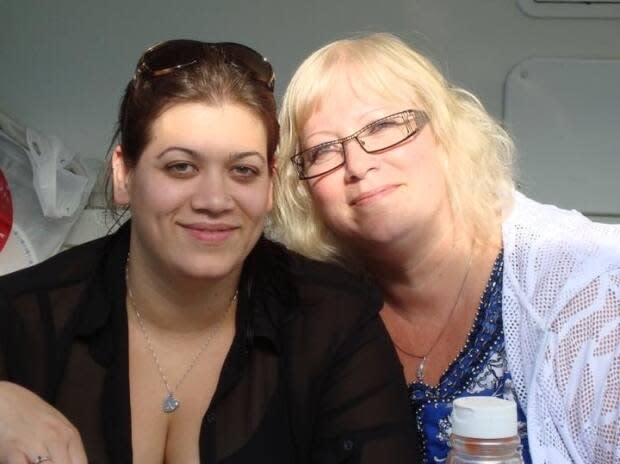Mistrial declared in Wainwright stabbing of married mother of two

Robert Clifford was expected to be sentenced Thursday to life in prison for murdering his wife Nichole in February 2017.
Instead, the judge who found Clifford guilty of second-degree murder declared a mistrial. The guilty verdict has been vacated and a new trial may be ordered.
Nichole Clifford was stabbed 17 times in the neck, chest and back on Feb. 23, 2017. The next morning her body was found at the bottom of the basement stairs in the house she once shared with her estranged husband.
The married couple had separated 53 days earlier. A restraining order was issued against Robert Clifford after he broke into her house on at least two occasions.
On the night Nichole was murdered, evidence entered during the trial showed Robert Clifford accessed her Wi-Fi router at 6:22 p.m. when no one was home. She arrived four hours later. The router showed that Clifford logged off 46 minutes after Nichole arrived.
Based on that information, Court of Queen's Bench Justice Nathan Whitling adopted the Crown's theory and ruled Clifford had been inside the house the entire time in the hours leading up to his estranged wife's death.
The reason for the mistrial declaration comes down to one can of beer.
In his application, defence lawyer Robert Dunlap pointed to evidence not entered by the Crown about a Keystone beer found inside a travel trailer behind the victim's house.
Robert Clifford bought a case of Keystone on the day his wife was murdered. Some of the cans and the receipt were found in the house he was living in at the time. The Crown entered photos of those items as exhibits.
What Crown prosecutor Jeff Rudiak did not enter into evidence was information from the brewer about time production stamps on the cans purchased that day.
The defence said the time stamp on the beer found inside the trailer matched the others purchased the day Nichole died.

On Thursday, the Crown maintained the evidence was not conclusive and noted the defence had the option of entering it as part of its case. Rudiak argued no mistrial should be declared.
The defence made it clear during his closing arguments at trial that he mistakenly believed the information had been made exhibits and put before the judge.
'Danger of a miscarriage of justice'
After reviewing the material provided by the defence in its mistrial application, Justice Whitling called it relevant and crucial.
"The Crown ought to have put this evidence before the court," Whitling said. "Whether intentional or not, I was misled by the Crown's submissions. I was under the mistaken impression there was no reason to believe the beer was purchased on the day of Ms. Clifford's death."
The judge said if the beer can in the trailer had been purchased the same day, it would lend credibility to the possibility Robert Clifford was in the trailer and not in the house.

"I'm concerned that if that evidence had been put before me, I might have rendered a different verdict," Whitling said. "I find there is a danger of a miscarriage of justice in this case."
Wearing orange prison coveralls and a face mask, Robert Clifford showed no emotion as he listened to the judge. He was connected to the St. Paul court from the Edmonton Remand Centre by closed circuit television.

Nichole Clifford's friends and family said the judge's decision was devastating.
"I'm falling apart due to the fact that I'm tired of fighting for something I have no control over," the victim's mother, Delilah McKnight wrote in an email to CBC News. "I'm so tired and so sick of the judicial system."
Clifford's lawyer indicated he will be seeking his client's release from the Edmonton Remand Centre.


